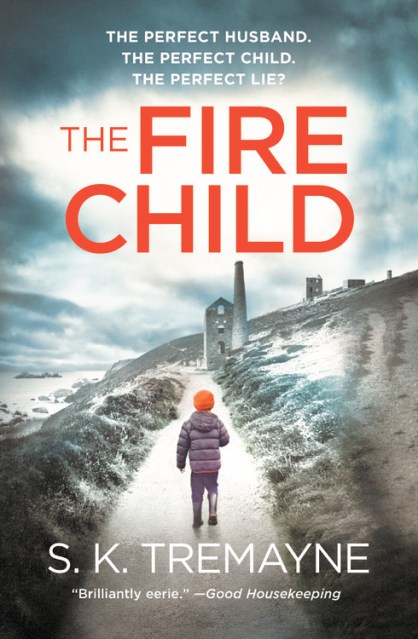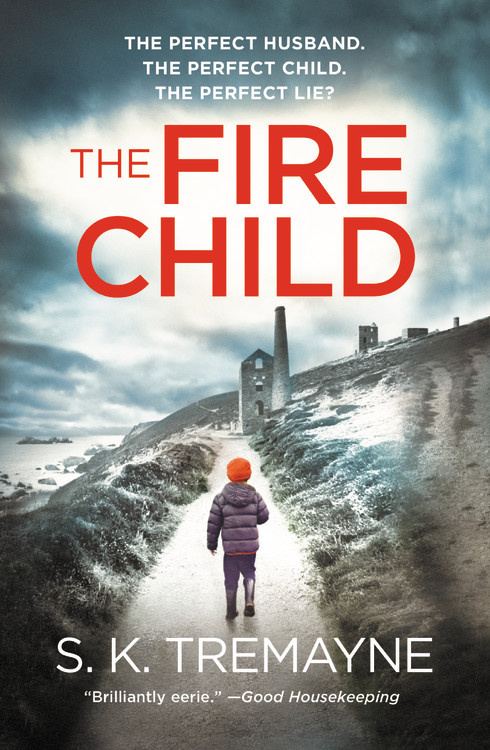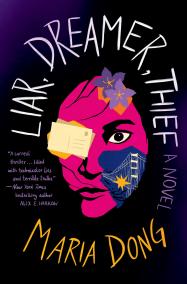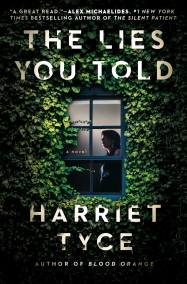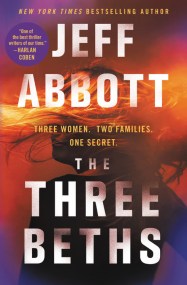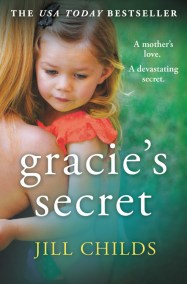Promotion
Use code MOM24 for 20% off site wide + free shipping over $45
The Fire Child
Contributors
Formats and Prices
Price
$14.99Price
$19.49 CADFormat
Format:
- Trade Paperback $14.99 $19.49 CAD
- ebook $7.99 $9.99 CAD
- Audiobook Download (Unabridged)
- Mass Market $7.99 $10.49 CAD
This item is a preorder. Your payment method will be charged immediately, and the product is expected to ship on or around March 28, 2017. This date is subject to change due to shipping delays beyond our control.
Also available from:
THE PERFECT HUSBAND. THE PERFECT STEPSON. THE PERFECT LIE?
“Tremayne…does a terrific job of building suspense until events reach their climax in the midst of a violent storm.” — Library Journal
When Rachel marries dark, handsome David, everything seems to fall into place. Swept from single life in London to the beautiful Carnhallow House in Cornwall, she gains wealth, love, and an affectionate stepson, Jamie.
But then Jamie’s behavior changes, and Rachel’s perfect life begins to unravel. He makes disturbing predictions, claiming to be haunted by the specter of his late mother – David’s previous wife. Is this Jamie’s way of punishing Rachel, or is he far more traumatized than she thought?
As Rachel starts digging into the past, she begins to grow suspicious of her husband. Why is he so reluctant to discuss Jamie’s outbursts? And what exactly happened to cause his ex-wife’s untimely death, less than two years ago? As summer slips away and December looms, Rachel begins to fear there might be truth in Jamie’s words:
“You will be dead by Christmas.”
“Tremayne…does a terrific job of building suspense until events reach their climax in the midst of a violent storm.” — Library Journal
When Rachel marries dark, handsome David, everything seems to fall into place. Swept from single life in London to the beautiful Carnhallow House in Cornwall, she gains wealth, love, and an affectionate stepson, Jamie.
But then Jamie’s behavior changes, and Rachel’s perfect life begins to unravel. He makes disturbing predictions, claiming to be haunted by the specter of his late mother – David’s previous wife. Is this Jamie’s way of punishing Rachel, or is he far more traumatized than she thought?
As Rachel starts digging into the past, she begins to grow suspicious of her husband. Why is he so reluctant to discuss Jamie’s outbursts? And what exactly happened to cause his ex-wife’s untimely death, less than two years ago? As summer slips away and December looms, Rachel begins to fear there might be truth in Jamie’s words:
“You will be dead by Christmas.”
Genre:
- On Sale
- Mar 28, 2017
- Page Count
- 400 pages
- Publisher
- Grand Central Publishing
- ISBN-13
- 9781478947387
Newsletter Signup
By clicking ‘Sign Up,’ I acknowledge that I have read and agree to Hachette Book Group’s Privacy Policy and Terms of Use
